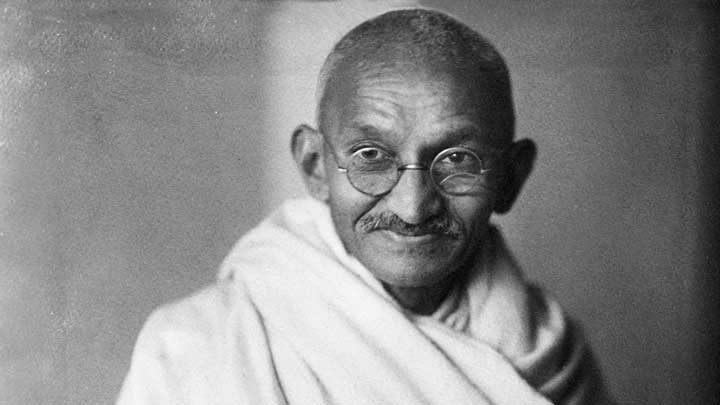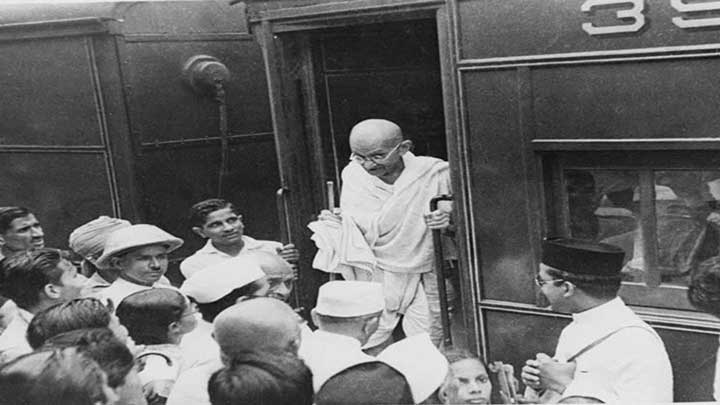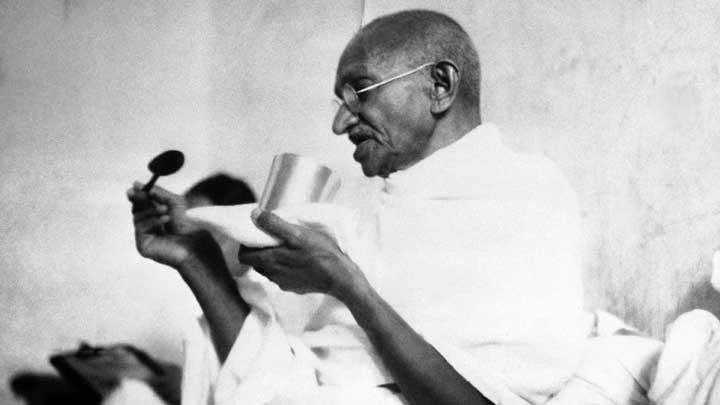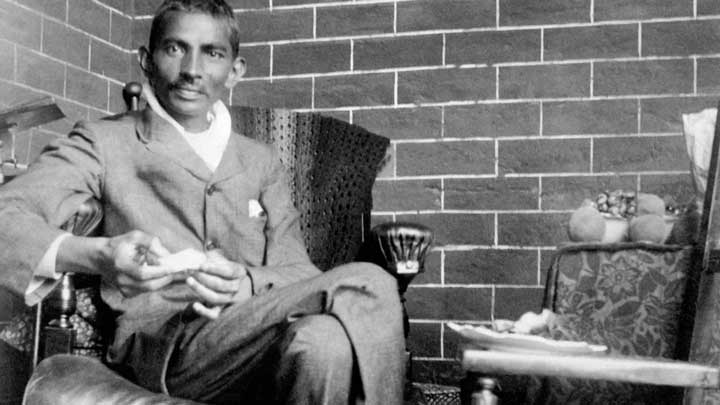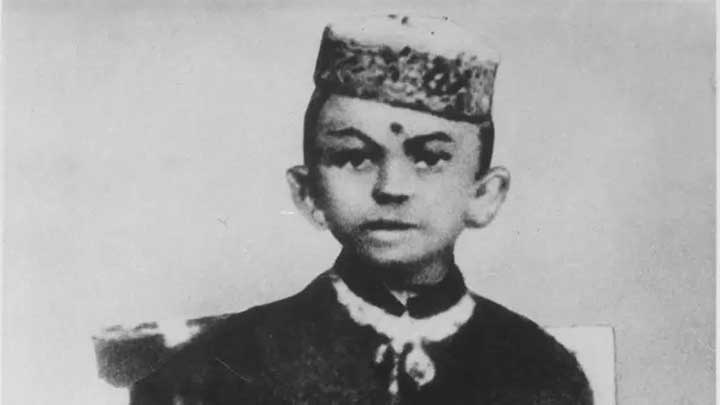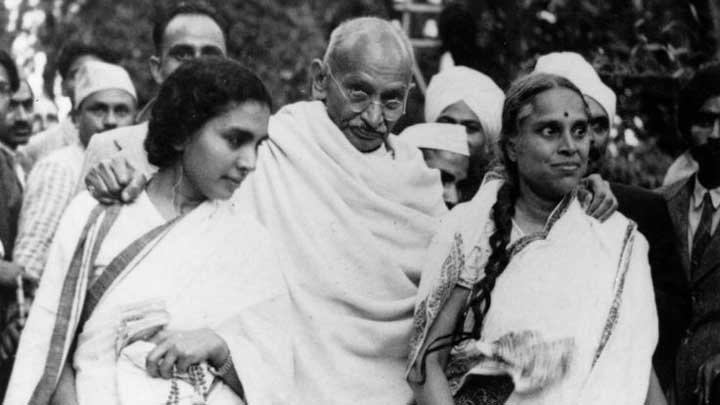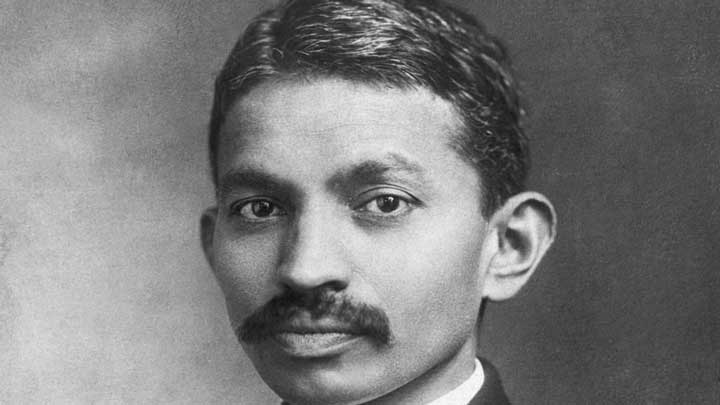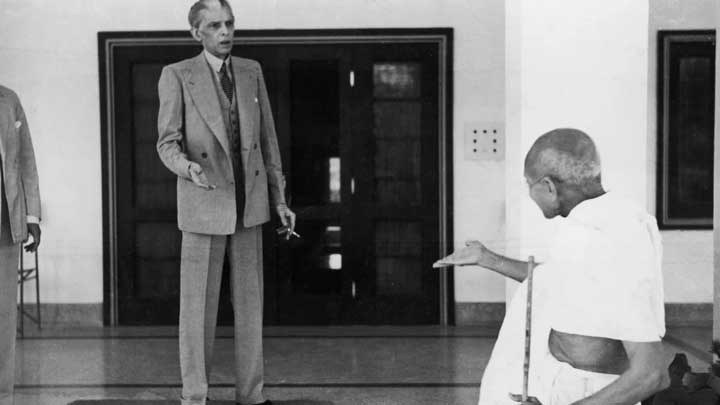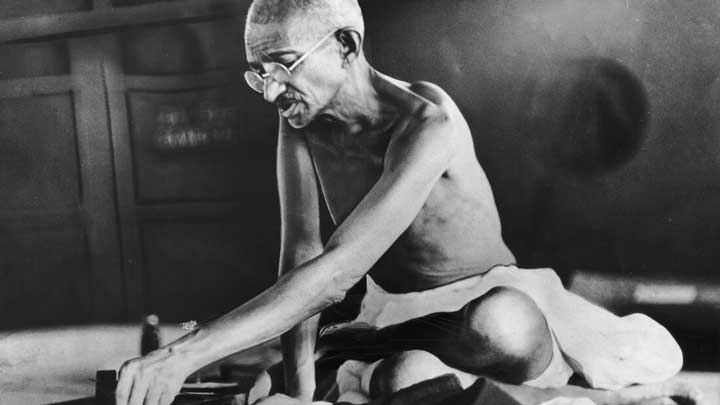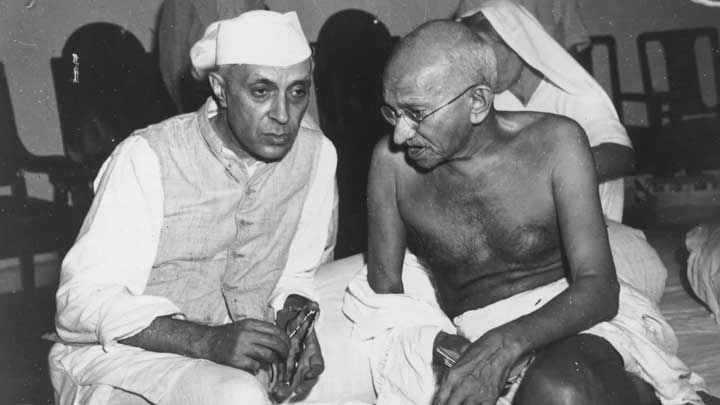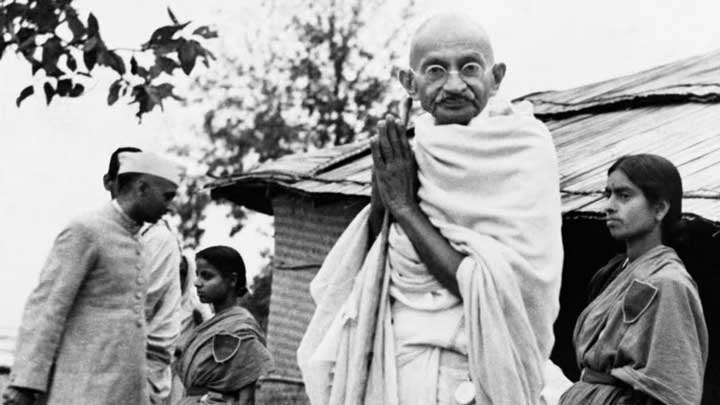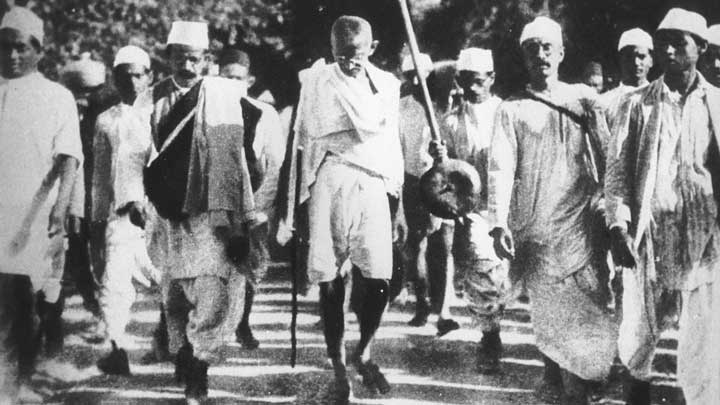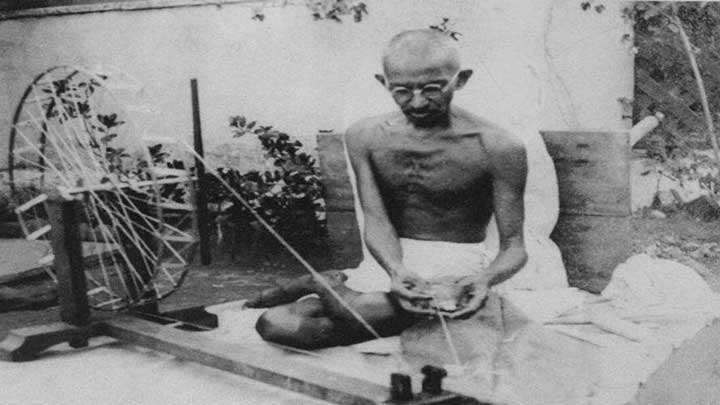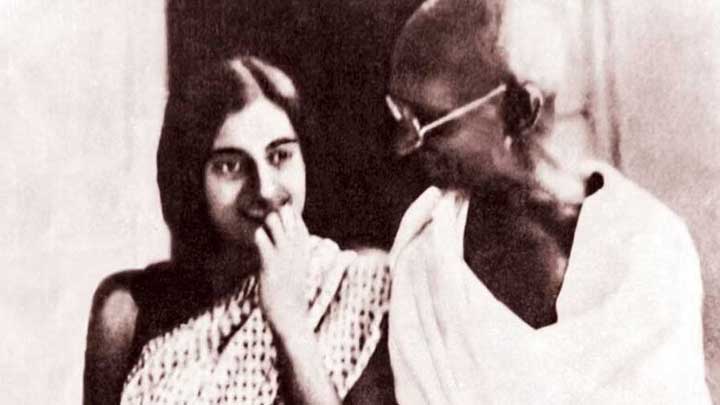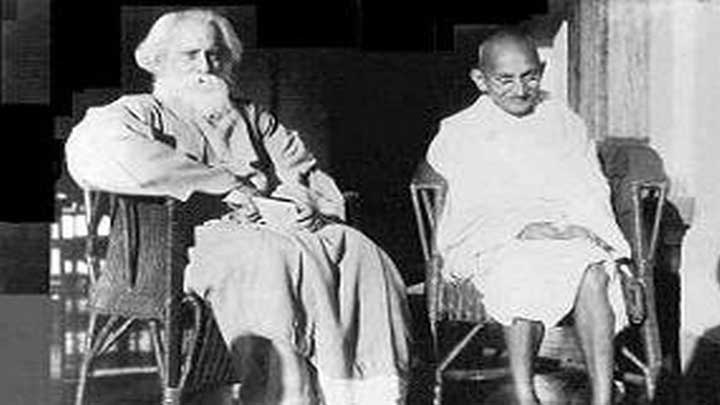Mahatma Gandhi’s philosophy of nonviolence changed the course of history. This Personality Report of Mahatma Gandhi examines his patience, determination, and moral conviction through Cattell’s 16 Personality Factors. What made him such an influential leader? How did his personality help him lead a peaceful revolution? Let’s explore the psychological aspects of his leadership.
Mahatma Gandhi is widely regarded as one of the most influential leaders in history, a figure whose philosophy of nonviolent resistance (Satyagraha) changed the course of history. He led India’s struggle for independence from British rule through peaceful protest, civil disobedience, and unwavering moral strength. More than just a political leader, Gandhi was a spiritual visionary, a disciplined thinker, and a man of profound inner strength.
But what kind of personality enables someone to mobilize millions without violence, endure imprisonment with grace, and challenge the most powerful empire of his time through peaceful means? Gandhi was a man of deep compassion, exceptional reasoning ability, and iron-willed self-discipline. His personality was a rare blend of warmth, intellect, humility, and resilience, allowing him to influence the world not by force, but by the sheer power of his character and conviction.
Unlike many revolutionary leaders who relied on charisma or military strategy, Gandhi fostered change through patience, dialogue, and self-sacrifice. His ability to listen, empathize, and inspire people through moral authority made him a unique force in history. However, he was also a perfectionist with extremely high expectations, both for himself and for those who followed him. He was not without controversy, as his personal experiments with truth, self-imposed disciplines, and strict ideals often faced criticism.
Gandhi’s success was not just a result of his ideology, but of his deeply ingrained personality traits. His capacity for warmth and connection, his unparalleled reasoning ability, his emotional resilience, and his strict adherence to principles were key to his ability to inspire movements, endure hardship, and lead with both heart and intellect.
What were the defining personality traits that made Gandhi one of the most respected figures in history? This report explores his warmth, reasoning ability, emotional stability, dominance, and other psychological characteristics that contributed to his immense impact on the world.

